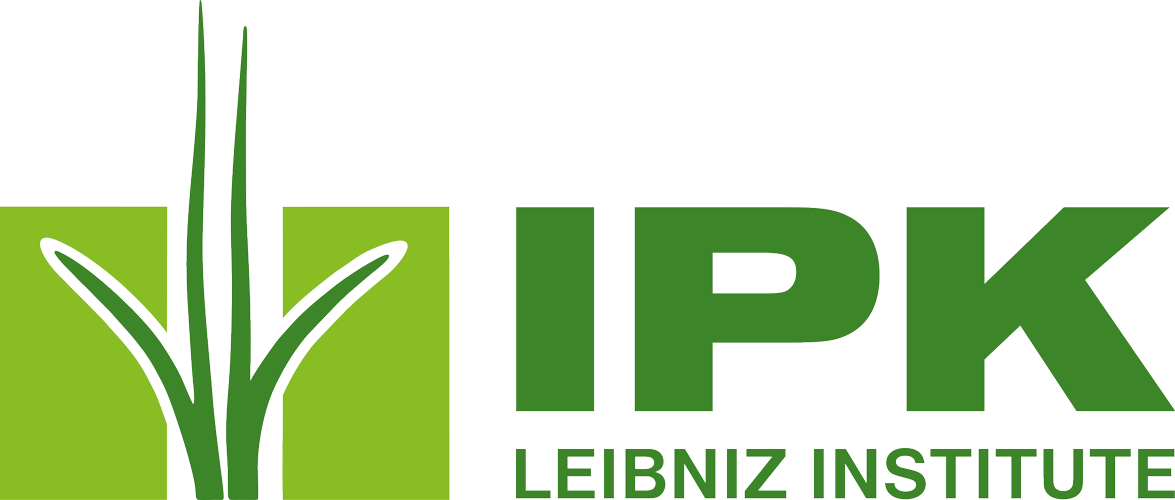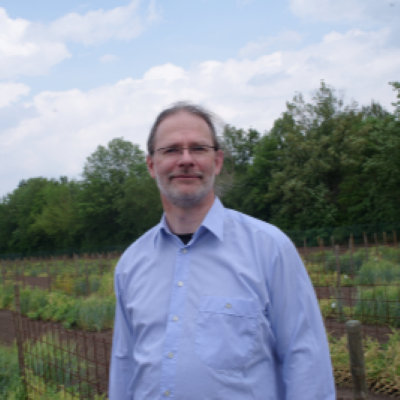The IPK is a non-profit research institution and a member of the Leibniz Association. The Institute’s mandate focuses on the elucidation of the fundamental principles of evolution, development and adaptation operating in our leading crop plants – cereals, grain legumes and oilseed plants.
Crops underpin not just human nutrition, but also provide animal feed, energy and a range of raw materials. Gaining an understanding of the genetic and molecular basis of crop performance, which is the core of IPK’s research, is vital for our ability to feed a growing world population and to cope with a changing climate. The ultimate goal of IPK’s research is to increase the efficiency and sustainability of producing food, energy and raw materials.
The Institute’s scientists, who represent a wide range of disciplines, conduct their research in an international context. They benefit from ready access to state-of-the-art infrastructure, including one of the world’s oldest and largest ex situ gene banks and the globally unique Plant Cultivation Hall (IPK PhenoSphere). The enormous genetic diversity captured within IPK’s germplasm collections is not only preserved by the Institute, but is also made accessible and exploitable both to address basic scientific issues and to improve crops through breeding.
Role in the Legume Generation project
The Leibniz Institute of Plant Genetics and Crop Plant Research (IPK; Leibniz-Institut für Pflanzengenetik und Kulturpflanzenforschung, Gatersleben, Germany) is coordinating the project Legume Generation. Within Legume Generation, it is directly involved in the breeding research for the crop plants lupine, lentil and Phaseolus bean. Moreover, fitting to the IPK´s research profile it is also involved in the general research of genetics and genomics for Legumes, addressing questions like yield, earliness (flowering time), drought tolerance and disease resistances.



